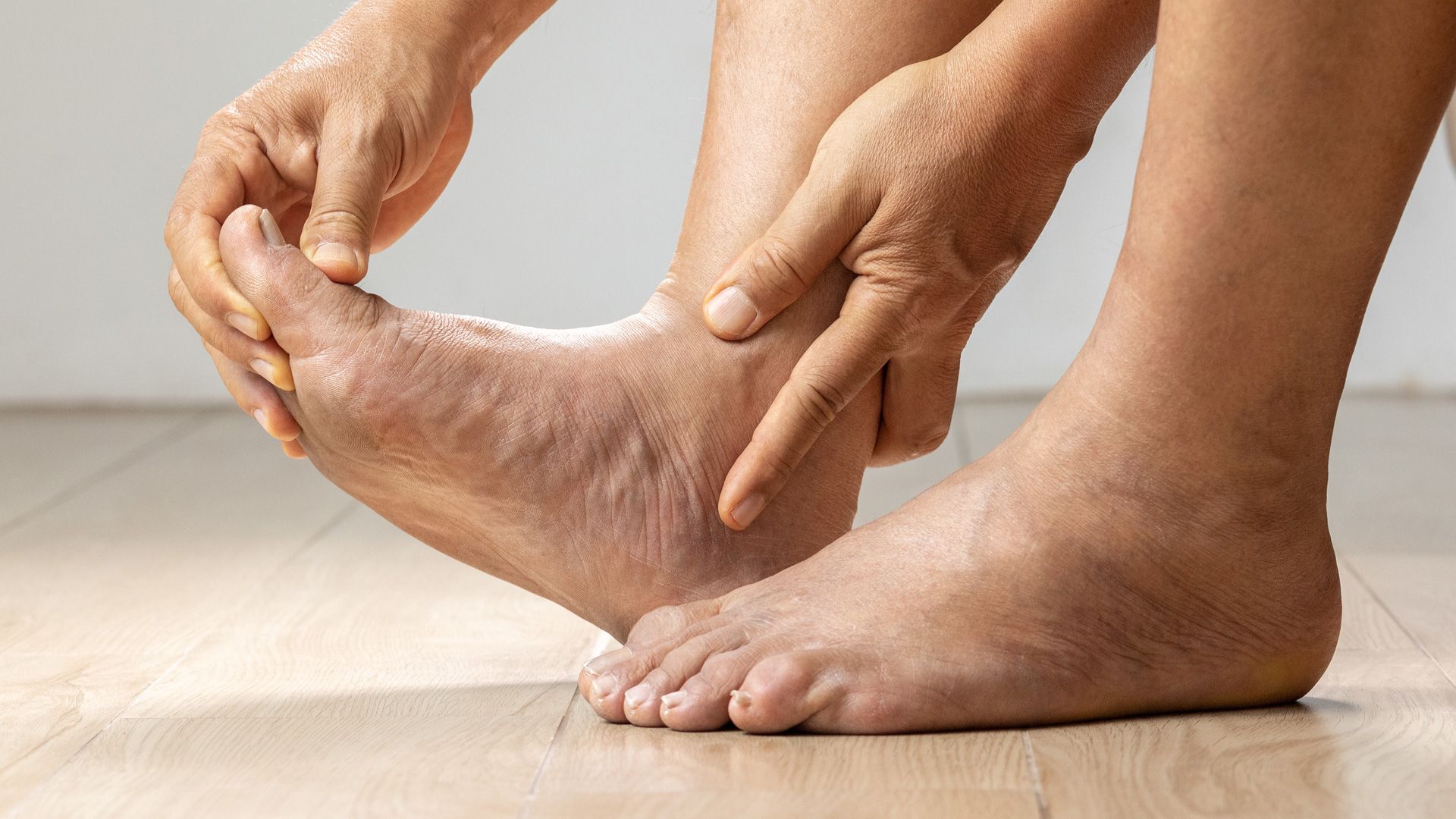Abdul Abdellatif, MD, emphasizes the importance of early gout screening, educating patients about treatment, and reducing stigma around the condition.
Gout
Gout

OverviewOverview
Gout is a form of inflammatory arthritis characterized by sudden, severe attacks of pain, redness, and tenderness in the joints. It most commonly affects the joint at the base of the big toe but can occur in other joints as well. These episodes, known as gout flares, often come on rapidly and can last from a few days to several weeks.
Gout is caused by an excess of uric acid in the blood, which leads to the formation of sharp, needle-like urate crystals in a joint or surrounding tissue. This can result in inflammation and intense pain. Proper management and lifestyle changes are crucial for controlling symptoms and preventing future flares.
Video Series
Latest News: Gout
Abdul Ali Abdellatif, M.D., underscores the importance of understanding all treatment options for gout, particularly for transplant patients, including the effectiveness of infusion therapy for those who do not respond to standard medications.
Abdul Ali Abdellatif, M.D., highlights the importance of early bone health management for kidney transplant patients, explaining that the risks begin with chronic kidney disease and are compounded by conditions like gout and the use of steroids.
Abdul Ali Abdellatif, M.D., underscores the importance of understanding all treatment options for gout, particularly for transplant patients, including the effectiveness of infusion therapy for those who do not respond to standard medications.
Abdul Ali Abdellatif, M.D., highlights the importance of early bone health management for kidney transplant patients, explaining that the risks begin with chronic kidney disease and are compounded by conditions like gout and the use of steroids.











